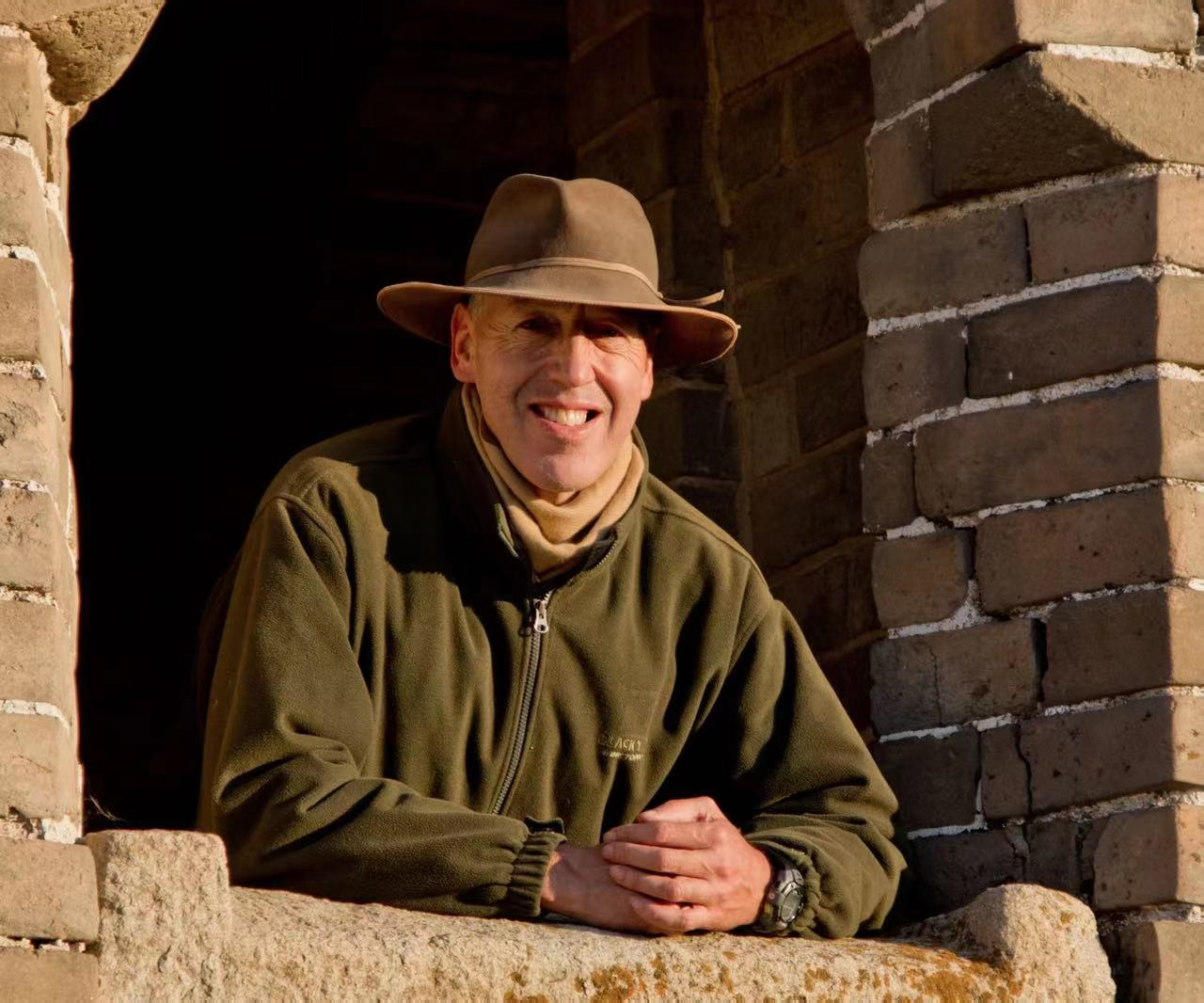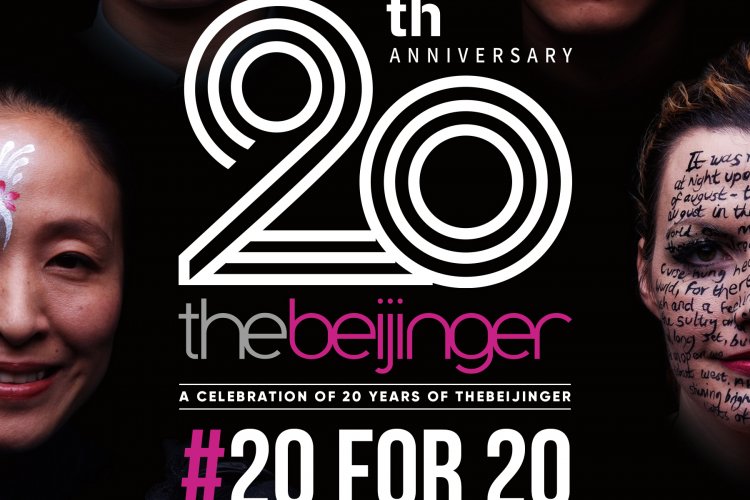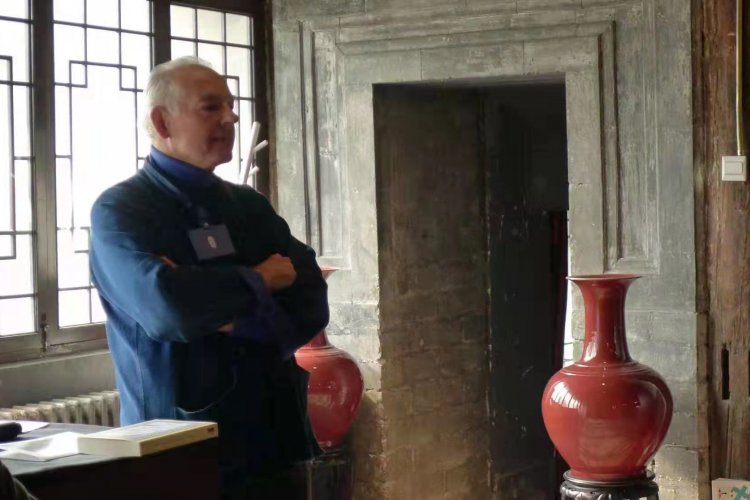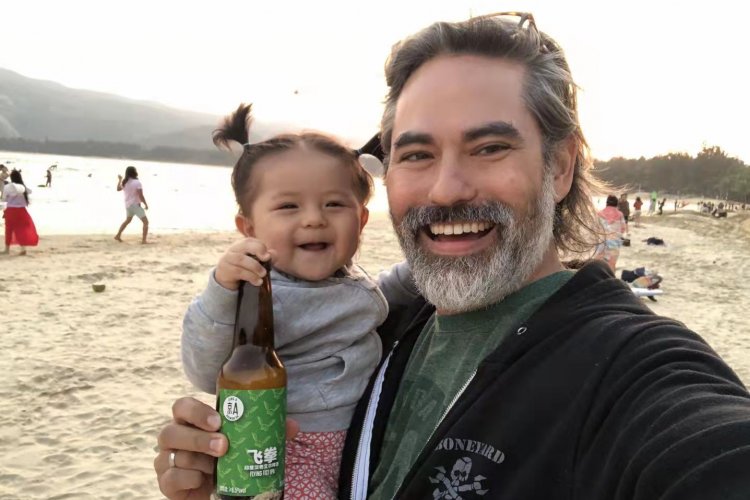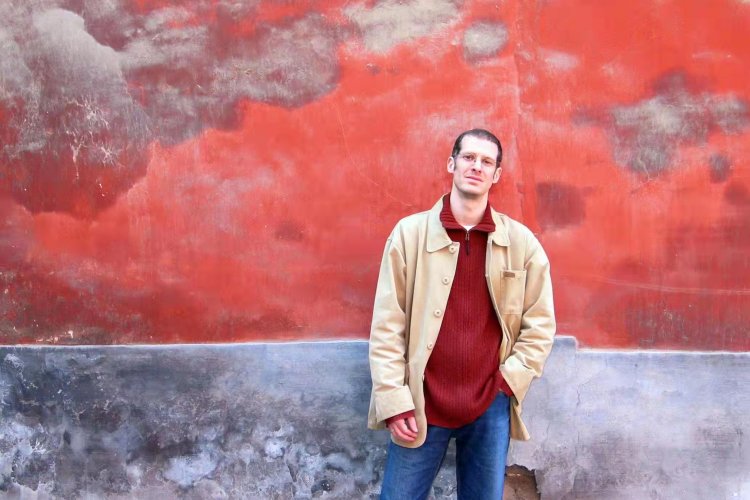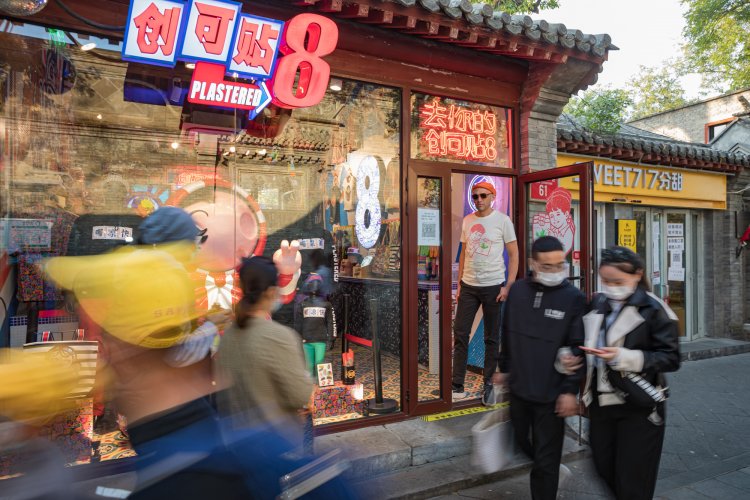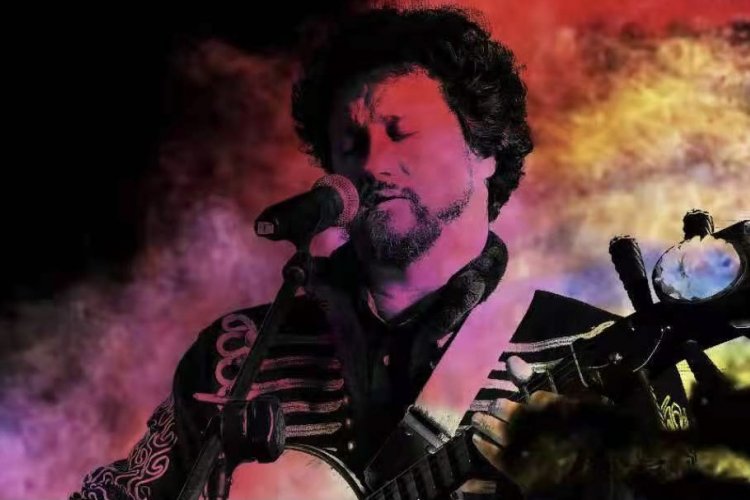20 for 20: Great Wall Explorer William Lindesay
In celebration of our 20th anniversary, we're profiling 20 movers and shakers who, much like The Beijinger, have called the capital home for 20 years or more.
William Lindesay has achieved what few foreigners could imagine: his name is synonymous with The Great Wall of China. Lindesay first arrived in Beijing with the goal to journey from the start to the end of the Wall, but his adventures here just kept going! He’s known for hiking the Wall and capturing its entirety via a drone (that originally his sons encouraged him to buy), plus nurturing a family life that involves hosting tours at their farmhouse in Huairou, the backyard of China’s massive piece of history.
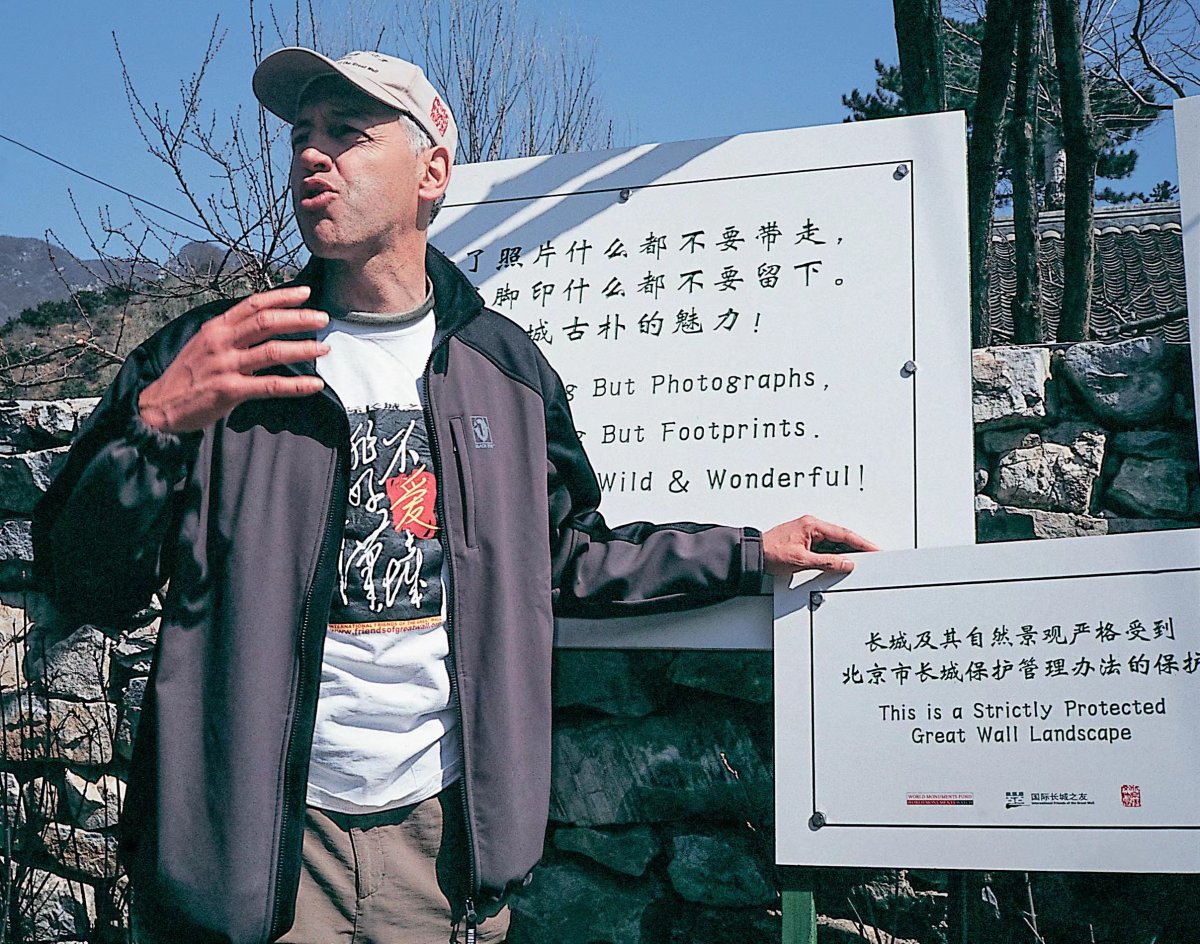
What brought you to Beijing?
The Great Wall. But not just to see it. I came to see all of it. I wanted to make a journey on foot along its whole length.
What were some of your first impressions of the city?
It was March 1986. The brownish haze. The airport was tiny. The air smelled of something indescribable. I later worked out it was coal. Of course the cyclists ruled the roads. All of them rode on the same black, rusty, squeaky bicycles. The bell ringing became the sound of Beijing to me. The wide central avenue was devoid of traffic in the middle with just streams of cyclists along the edge. The bike parking lots were ENORMOUS. It was really difficult to find your own bike! People staring without any reservation was quite the norm.
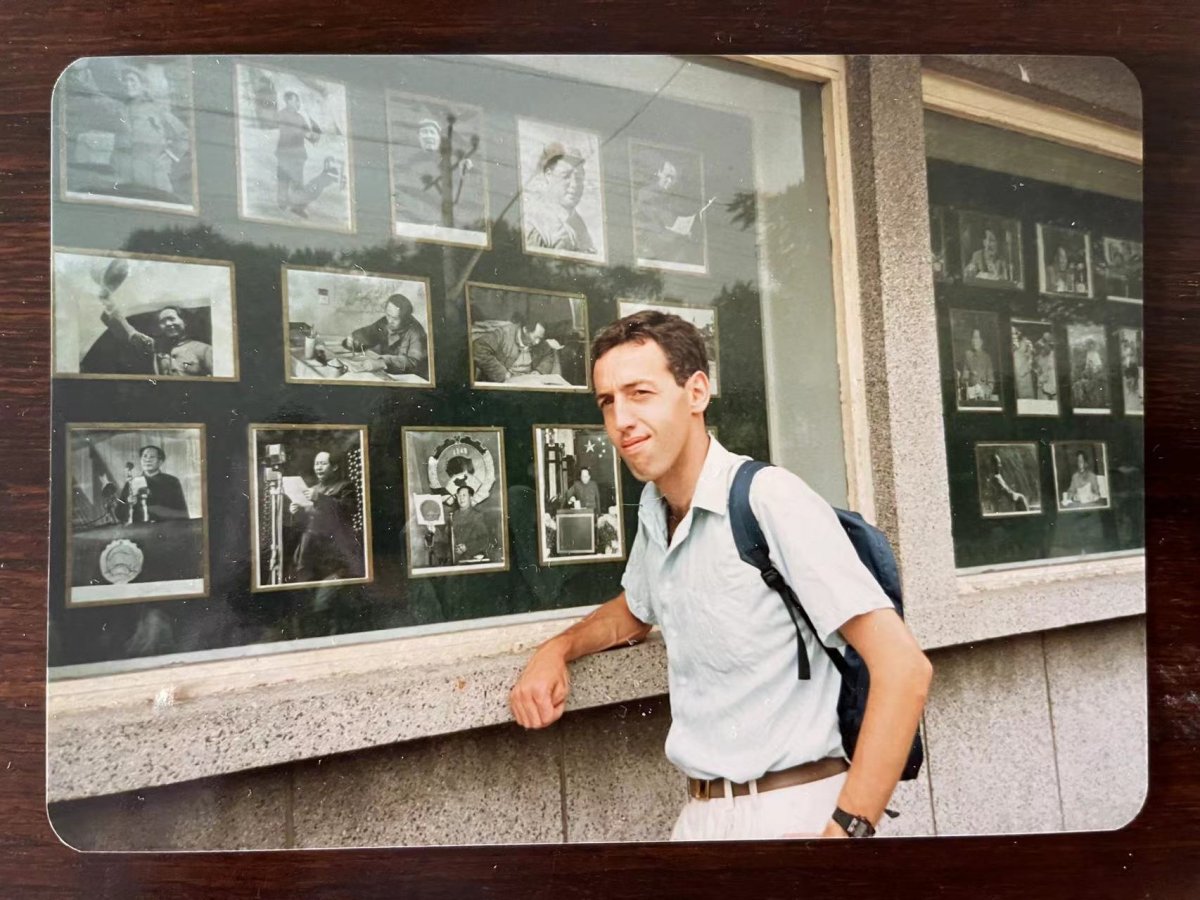
Did you imagine that you would still be here 35 years later?
Of course not! No way! It was planet China back then and everything felt alien, and with so much crowding and attention and staring I felt that I was an alien as well. I mean, I’m 1m 87cm in height and have enormous size (U.S. 14) feet! Actually when I arrived I felt that my goal — a journey along the Wall from its desert start in the far west, Jiayuguan, to where it meets the sea at Shanhaiguan — would be impossible. But I just told myself to keep my head down, take one day at a time. So I just focused on the seaside terminus of the Wall which was my finish line. I expected that if, by any chance, I ever reached there then it would be "Wall’s end" for me, and I’d go back to the U.K. to re-enter "normal" life, find a beautiful girl, get married and live the Great British way of life. That plan went nicely wrong. I met a beautiful girl in Beijing and we settled here in China in 1990 — to live the Great Wall way of life.
Tell us about one of your quintessential first experiences in the city.
It was on my first day. I walked to Tian’anmen Square to see the Mao portrait. I was shooting from right underneath it for a couple of minutes and then, when I turned around, an encirclement had enveloped me! There were about 200 people! I felt a bit intimidated, so, to break the ice I said the only Chinese sentence I knew, which I’d been taught by a restaurant owner in Liverpool’s Chinatown. But when I said it, everyone giggled. Eventually I realised that I’d begun learning the wrong language. I had spoken Cantonese, not Mandarin.
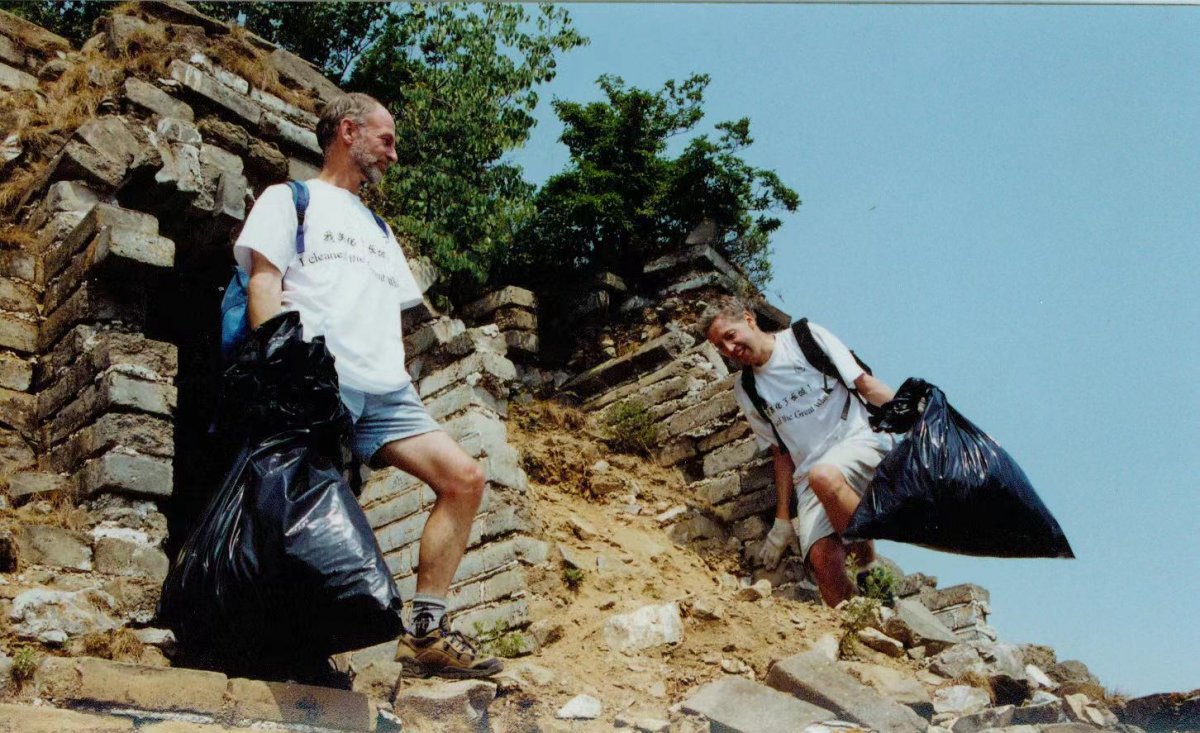
What’s changed the most since you arrived?
So many things! The way you watched. In the old days it was real eyes, now it's electronic ones. Beijing, the most alien place I ever saw, has become my home.
How do you think Beijing has changed you as a person?
In the early days it felt uncomfortable being a foreigner in Beijing. I’m still a foreigner here, even though I’ve been here for longer than most of the people that might pass me in the street, and I’ll always be a foreigner in their eyes. But I feel comfortable with that now. It’s just normal to me.
Are you still doing what you came here to do, 20 years later?
Overall, yes. I mean I initially came to China in 1986 for the Wall, and a crazy 35 years later, I’m still at the Wall, in more ways than one. I’m totally Wall focused. In fact my whole family is. We are Walnuts! After my big adventure in 1986 and 1987 I wrote my first book and then thought "Now I can make a living from my Wall experiences as China continues to open up…" But external forces forced me to postpone that dream.
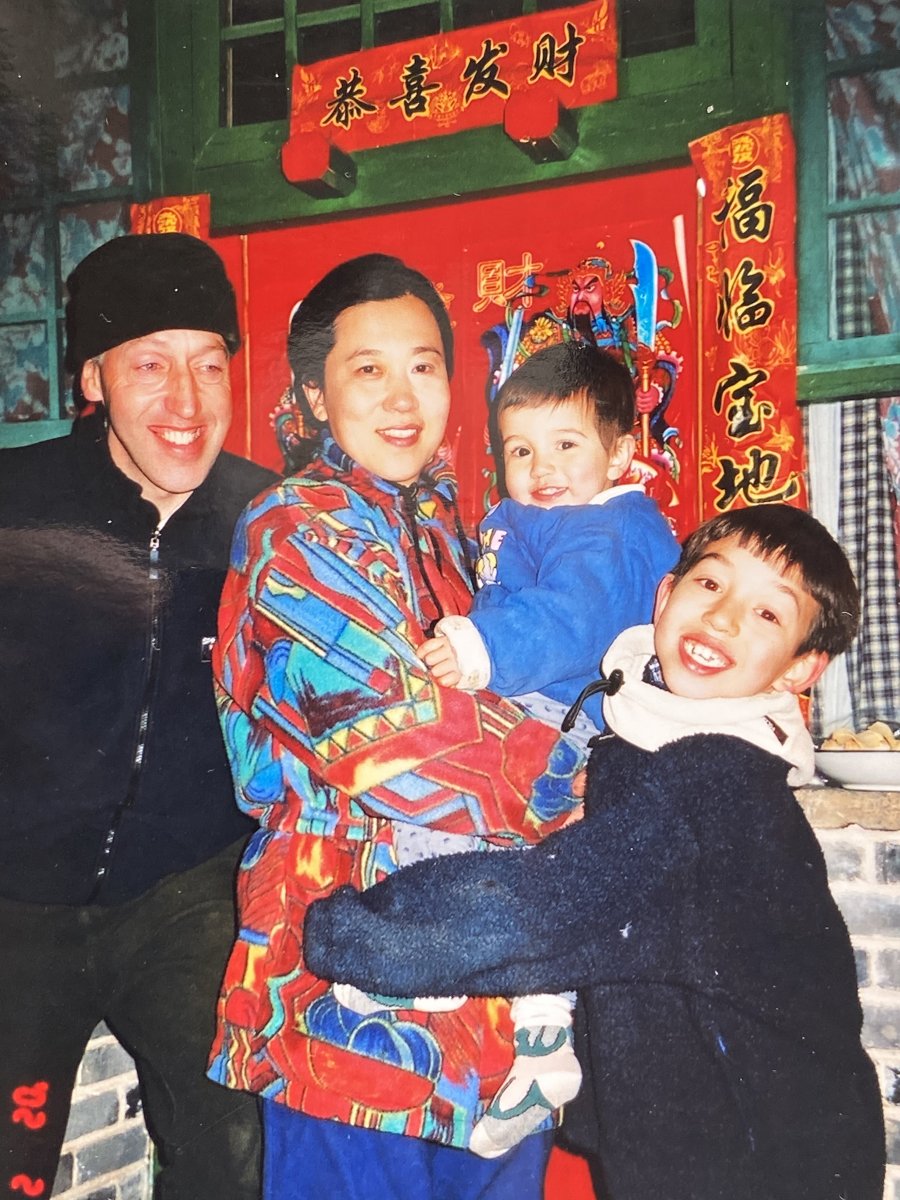
My wife and I banked our future on China and settled here in 1990, with me first teaching at a university and then working as an editor. I did a decade in those trenches, good fun, but lots of hard work for tiny salaries. The things that kept me sane were some golden years of cycling out to the Wall around Beijjng, in Huailai (just over the border in Hebei), Yanqing, Huairou, Miyun and Luanping. Along the way I was missing my wife Qi and son Jimmy, so I decided to buy a farmhouse beside the Wall in 1998. This was a great stride forward to the perfect Wall life. The Wall was now in our own back garden.
Then in 2000 I decided to take the plunge, and restart my life: I was 43. I wanted to spend all of my time doing the things that I loved most — and that was "anything related to the Wall". I’d invented the term "Wild Wall" in 1994, so chose it as the name for my website, business and what became our signature experience — the "WildWall Weekend" — based at our farmhouse property at Jiankou. This was a huge turning point in our lives. My interest, my hobby, became my bread and butter.

Without telling the Wall story the way I have discovered it I could never have rolled out and subsidized so many different Great Wall projects one after another over the last 20 years or so. I’ve been stealing the family silver to protect the Wall, to "rephotograph it" and show what changes have befallen it, to tell an "off-Wall" account of its history through 50 Objects, to explore sections of it outside China in Mongolia, and to make an internationally-successful documentary. Of course the last 20 years have been all but smooth, but from the get go on my foundation journey along the Wall in the '80s that was never the case — most of China was closed to foreigners back then I had to trespass repeatedly through closed areas to achieve my goal. From then on I’ve always expected the Wall to be a rough partner.
Since 2000 we’ve had to deal with SARS, fears over air safety and terrorism, an economic crisis, and now COVID which has decimated the travel business. But as I’ve been waiting for the storm to pass in the last two years I’ve written a 250,000 word autobiographical memoir. "WildWall, My Life at the Great Wall of China" will be published in two parts by Earnshaw Books in March 2022. Should the storm persist for longer I have other diversionary projects up my sleeve.
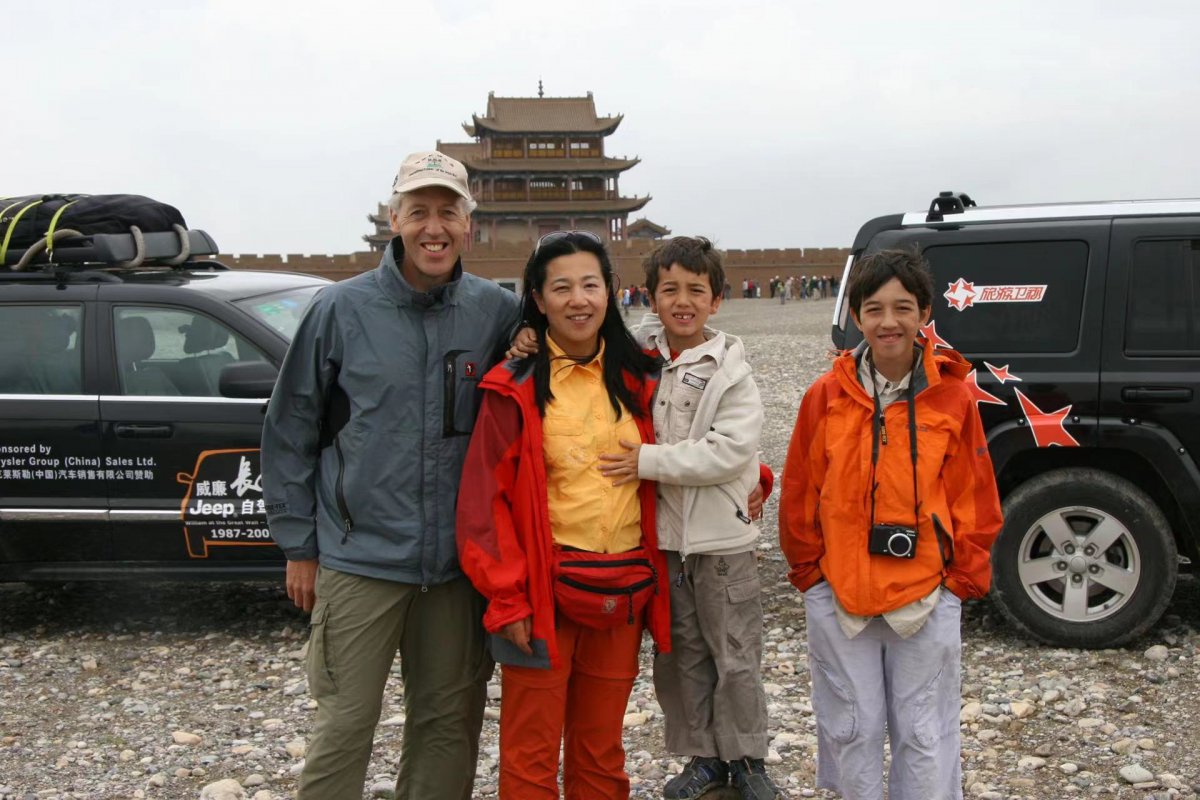
What’s the main reason that Beijing continues to be a draw for you to this day?
It has around 500 kilometers of Great Wall within a radius of 250 kilometers. It’s the best place to see and study the Great Wall of China. I couldn’t be anywhere else. I met my wife here and it’s where we have lived together since 1994, happily ever after.
Name your three favorite places in the city, aside from your home - could be restaurants, parks, cafes, tourist attractions, neighborhood experiences.
Ritan Park, for very personal reasons. I went there with my wife in 1987, strolling. I pushed my children’s strollers there. I walked there after seeing them to school in the nearby Fangcaodi Primary School. Given the chance I like to walk a lap there, especially with the masses at dawn.
Kempi Deli, for the coffee and cakes. It must be one of the oldest cafes in the city and their pastries and cakes never fail to be brilliant. I was there just last week.
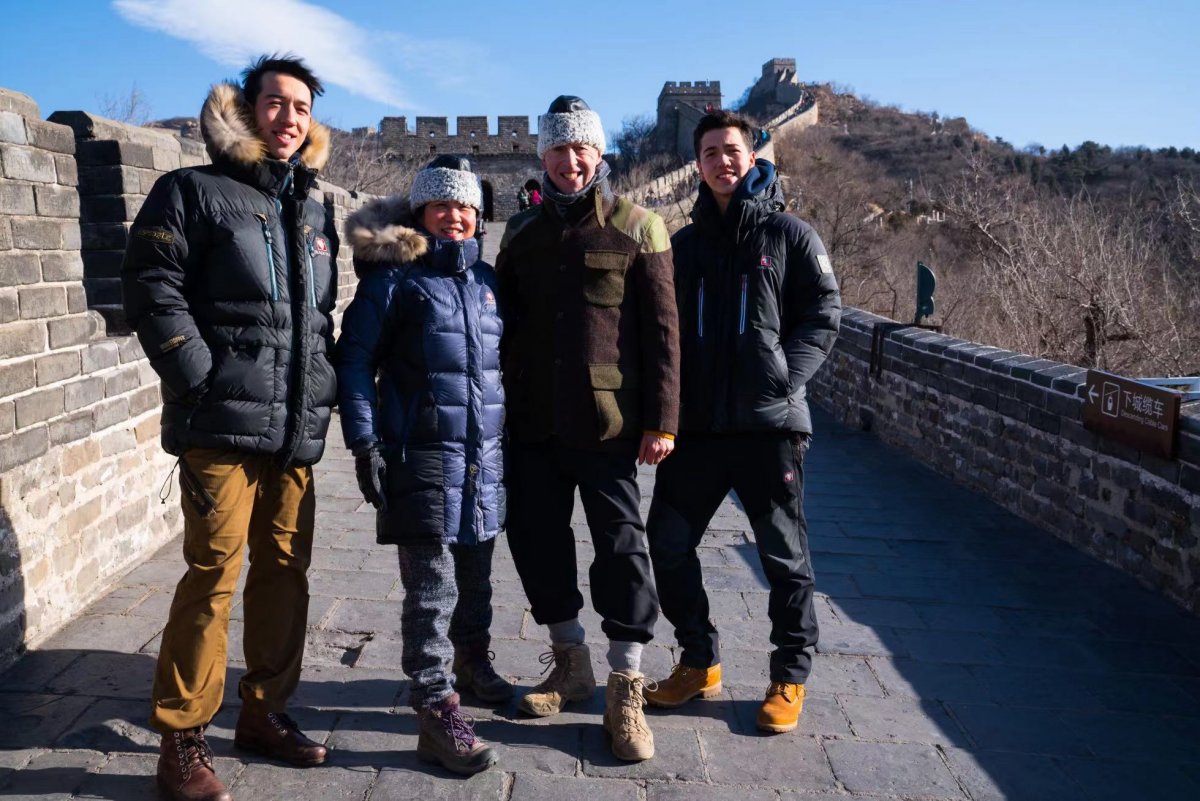
Made-in-China restaurant at the Grand Hyatt. An old favorite for my whole family, a high days and holy days treat for anniversaries, birthdays, when family visits from afar, happy memories of graduation lunches, and gathering after book publications and during the Olympic Games of 2008.
What piece of advice do you have for relatively recent arrivals in China?
See as much of the Great Wall around Beijing as possible. It’s a monumental treasure store on the city’s doorstep.
READ: 20 for 20: United Family Healthcare Founder Roberta Lipson
Images courtesy of William Lindesay

